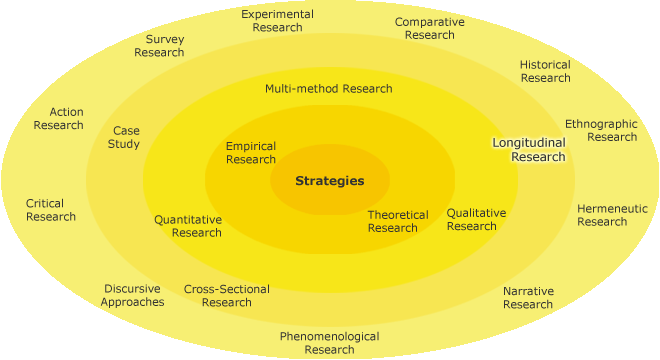Longitudinal Research

Longitudinal research enables you to explore and explain change and development over a long period of time (i.e. years and decades). The basis of longitudinal research strategy is that you review a phenomenon, observing any changes in it and analyzing the factors influencing the change or the consequences of the change over a long period of time.
You can use any of several modes of longitudinal research, such as panel, trend and cohort studies, and there is also a choice of suitable methods of analysis.
Read more on longitudinal research from the links below:
Longitudinal study. Wikipedia, The Free Encyclopedia.
Shuttleworth, Martyn, 2009. Longitudinal Study. Experiment Resources.
Cho. Longitudinal Research. Web Center For Social Research Methods.
